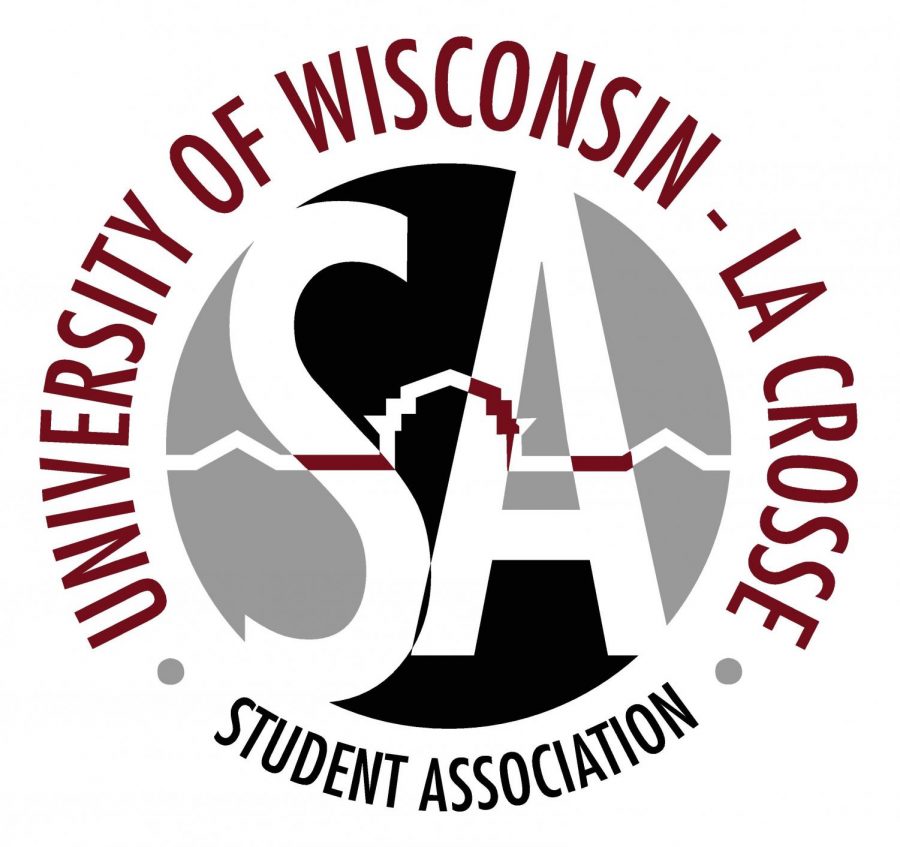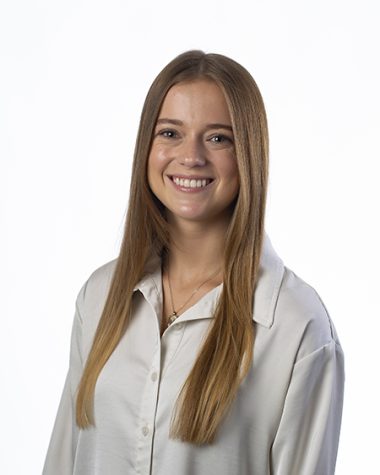Student Association meets to discuss future class formats, mask violations with faculty members, and the lack of a quality education
October 15, 2020
On Wednesday, Oct. 14, the University of Wisconsin – La Crosse Student Association (SA) met virtually to discuss topics such as updates happening within the Division of Academic Affairs.
A big update the university recently decided on was to cancel the fall 2020 commencement in December for graduating students.
Provost Betsy Morgan said there is a full schedule of J-term classes being offered. The class format of the spring 2021 semester is still undecided. “If we get into really high numbers of students wanting to stay in the online class format, I’m going to be concerned,” said Morgan.
There are some professors for certain classes that are requesting to stay in the face-to-face instruction format if UWL were to move entirely online, such as the sciences and the music departments. “I do not expect this to have to go fully online again, but we are having that conversation to be prepared for that,” said Morgan.
Senator in the College of Science and Health, Andrew Ericson heard concerns about some professors wearing face shields instead of face masks. In response, Morgan said, “Every faculty member was told that they could wear either a mask or a face shield, but that our preference was for them to have a face mask.”
Another senator in the College of Science and Health, William Schauberger said to Morgan that it is against Wisconsin’s mask mandate to only wear a face shield and that a face mask is required. “So why are you giving faculty the option to go against a Wisconsin state mandate for the mask?” said Schauberger.
“I can’t answer that because I didn’t realize there was a state mandate that was that specific and the advice that we had given faculty was done this summer, prior to the start of the semester. I will certainly look into it,” said Morgan.
Ericson asked Provost Morgan, “What are you telling professors as far as how to treat students with workload during COVID-19?” Morgan said, “The message from the very beginning has always been for faculty to be as flexible as possible with students and try to stay true to the course outcomes, but, if you can, reduce the expectations.”
She emphasizes how there is no way of knowing what is happening in all classes. Morgan said they provided a standard survey that’s already prewritten for faculty to work into their Canvas courses to ask students how it’s going with workloads, especially since its midterms.
Another concern brought up at the meeting was about the confusion surrounding the different online video platforms professors have been using. Senator representing the Pride Center, K.C. Cayo said, “Between all of my classes, we’re using four different video platforms: Microsoft Teams, Zoom, WebEx, and Collab Ultra. Is there a way for us to enforce or encourage professors to narrow it down to maybe two of those?”
Morgan said, “I couldn’t agree with you more. My hope is that by spring, professors will have chosen their favorite platform to work with.”
Senator in the College of Science and Health, Rachel Engebretson asked Morgan a question that she addressed to Chancellor Joe Gow last week pondering if the quality of education is equal to the cost of tuition as it was in previous semesters. “What would students need to do to convince the university that the quality of classes is different, and we shouldn’t have to pay for satisfaction we’re not given? Students don’t feel like they’re getting the same quality of education,” Engebretson said. Morgan said, “Professors say it is as much work or more work to teach their classes online than it is regular, so why would it change the value of this class?” Morgan said that based on research the learning outcomes in online classes are either as good or better than in face-to-face classes.
Engebretson said, “If people wanted to do online classes, they could do it somewhere else cheaper. Students like in-person classes, so they chose a university where they expect to get what they paid for. For people performing better online, but then saying they feel like they don’t learn as much might have a lot to do with the fact that when things are online, it’s easier to cheat.”







